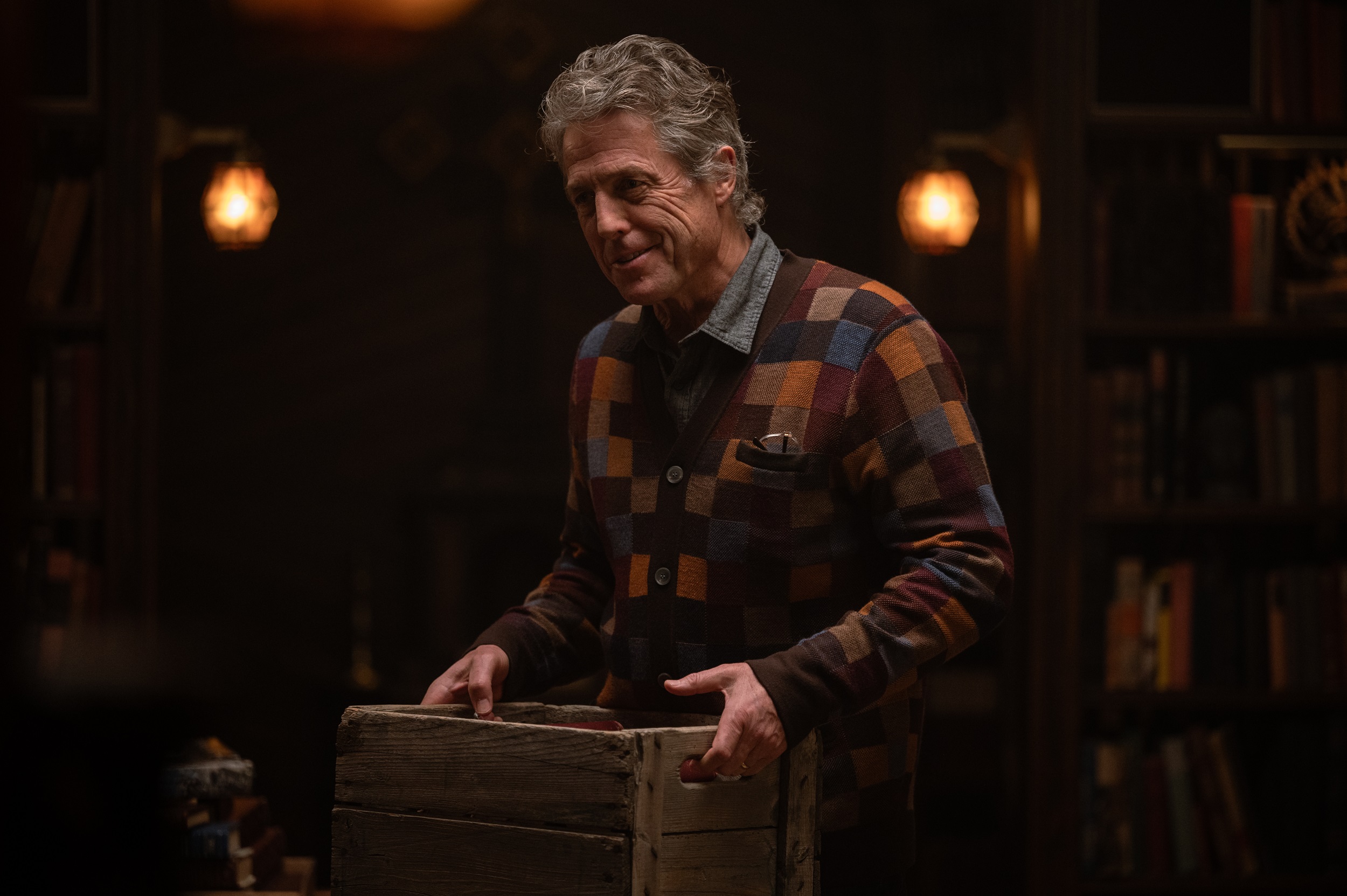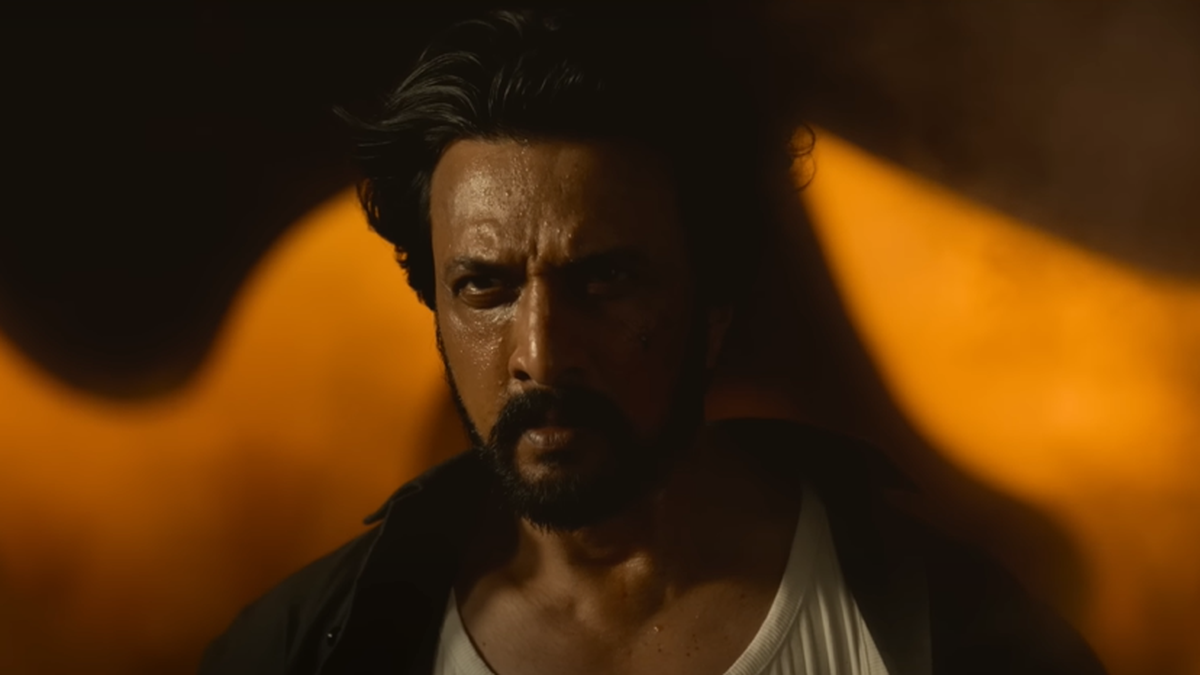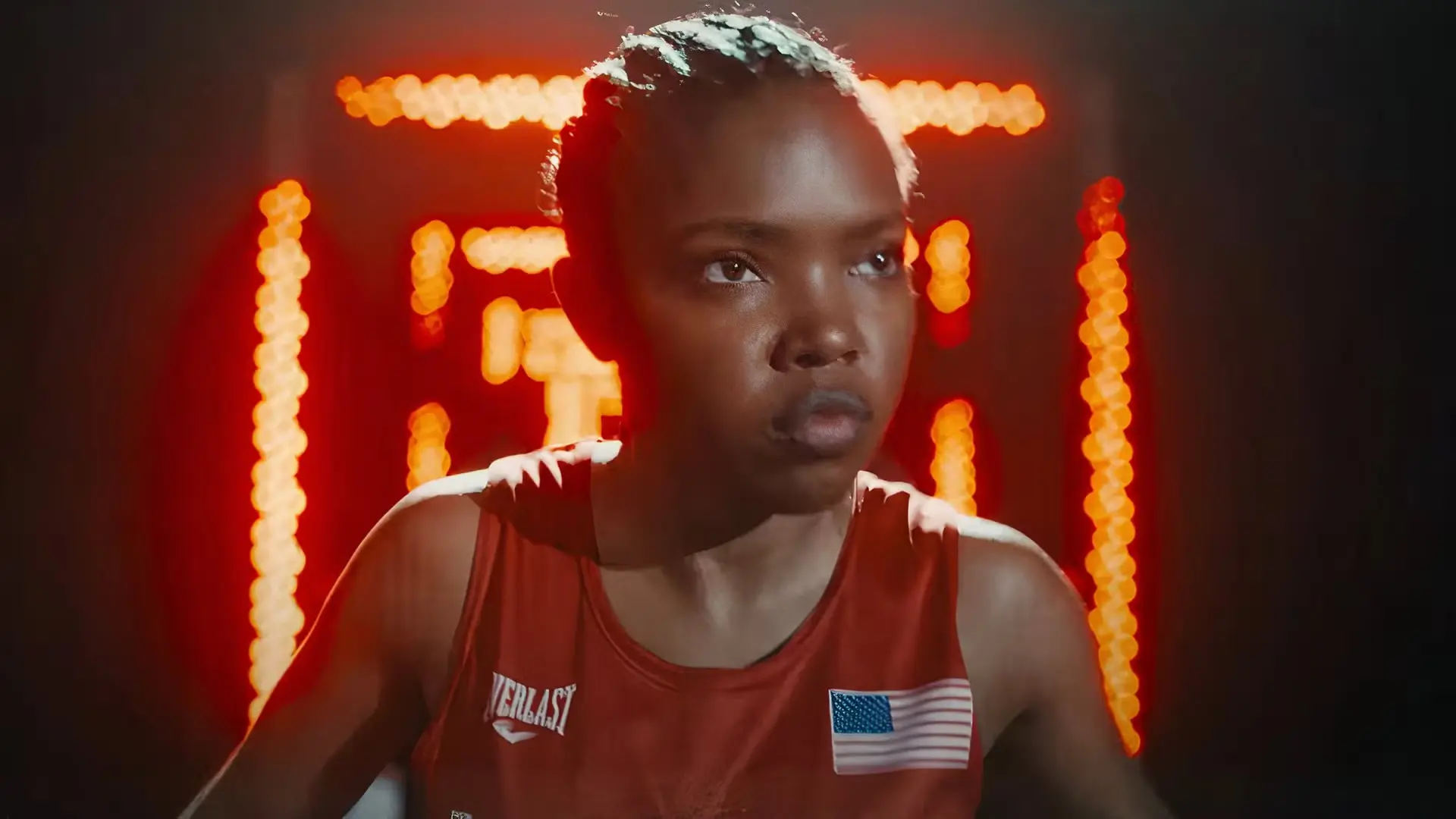Photo by Jaap Buittendijk
My mother loved Willy Wonka & the Chocolate Factory. Without question, it was among her five favorite movies of all-time (alongside the likes of The Wizard of Oz as well as the original Yours, Mine and Ours). I say this, especially this year, to illustrate how much of an easy mark I should be for this film. A prequel to one of my late mom’s favorites? Something that harkens back to my youth. Yeah, it’s a pretty firm match. And yet, all year I’ve been, at best, indifferent to Wonka. So, I went in with low expectations, potentially setting myself up for a surprise. Well, there was a surprise, mostly in that Wonka is a sometimes befuddling, often meandering, and even more disappointing work than I’d expected.
Wonka has a solid leading man, the occasional catchy song, and plenty of callbacks to the original, some of which are even amusing. However, it also has a bloated running time, some odd tonal shifts, and a distinct sense of trying too hard. There’s always a lot going on here, but not a whole lot that’s actually happening. Alas, at least it’s still way better than Charlie and the Chocolate Factory.

This is an origin story for Willy Wonka (Timothée Chalamet), well before he’d open up his chocolate factory. When we meet young Willy, he’s on a steamer headed to a French city with big dreams. He wants to open up a shop to see his special treats, driven to make them by an undying love for his dearly departed mother (Sally Hawkins). Poor, young, and a bit naive, he’s immediately taken advantage of, due to the very strange fact that he can’t read. Deeply in debt to Mrs. Scrubitt (Olivia Colman) after he doesn’t read the fine print on the contract he signed while staying at her in, Willy befriends the others in the same boat, including Noodle (Calah Lane). In short order, he plans on escape from Mrs. Scrubitt’s clutches, in order to sell his chocolate.
Willy discovers in town that the chocolate industry is run by a cartel of greedy chocolatiers, known as the chocolate cartel. They’re led by Slugworth (Paterson Joseph), who fears Willy’s cheap and delicious candy. Hassled by the police chief (Keegan-Michael Key) and pestered by a little Oompa-Loompa (Hugh Grant), Willy will have to utilize some magic to achieve his dreams.

Timothée Chalamet certainly goes all in on the role. He’s always doing a thing, that’s for sure. He’s not ever the boring part of the film, so there’s that. If he’s trying to remind you of Gene Wilder, however, that’s a swing and a miss. Olivia Colman is chewing all the scenery she can find, while Hugh Grant is cute enough in a smaller role than you might think. The aforementioned Keegan-Michael Key and Sally Hawkins are fine but not noteworthy, while supporting players include Rowan Atkinson, Tom Davis, the aforementioned Paterson Joseph and Calah Lane, as well as many more.
Filmmaker Paul King, co-writing here with Simon Farnaby, makes the baffling choice to avoid the obvious origin story, in favor of a plot kicked into motion by illiteracy. Farnaby and King get so caught up in a bunch of things so far removed from what you’d think this film would be about that you almost wonder why they attached themselves to the property at all. An original movie musical like this might have been better, as opposed to plastering it on to Wonka. King’s direction is light enough on its feet, but the charm that so permeates his previous work for so many is only in sporadic evidence here.
Wonka did almost nothing for me. Perhaps it’ll do more for you. Children will be bored, adults may well be puzzled. Plus, go figure that this is another movie musical hiding the fact that it’s a musical. Films that do that often suffer the consequences. Here, it’s hard to say, as there are other reasons why this didn’t work for me. See it for yourself and you may agree.
SCORE: ★★

























/cdn.vox-cdn.com/uploads/chorus_asset/file/24924653/236780_Google_AntiTrust_Trial_Custom_Art_CVirginia__0003_1.png)





/cdn.vox-cdn.com/uploads/chorus_asset/file/25672934/Metaphor_Key_Art_Horizontal.png)
